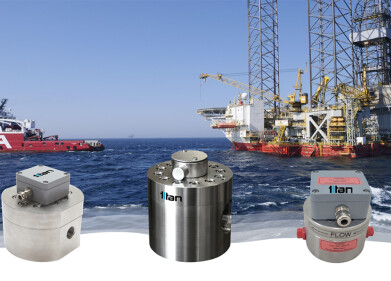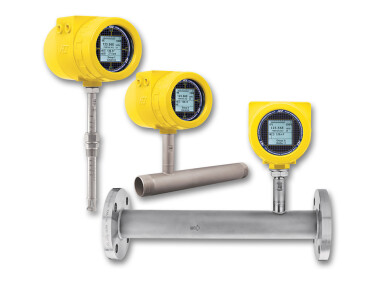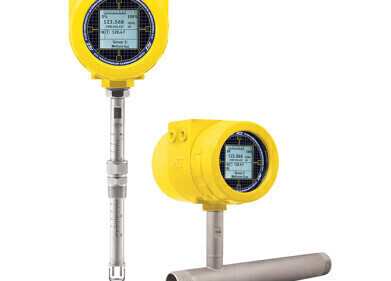Flow level pressure
Mass Flow Control for New Physical Vapour Deposition Applications
Mar 05 2016
You know one problem with anodising and bluing? While it prevents corrosion, it can scratch off. Most anodising doesn’t strengthen a surface much. Chrome plating has been an alternative, but chrome-6 is toxic, and can still wear, pit and spall. Duralar, a vacuum deposition system manufacturer, wanted to develop a fast, diamond-like coating process using physical vapour deposition that’s harder and more durable than either. It would have applications in prevention of corrosion, erosion and wear on metal parts.
Duralar started with a generic vacuum deposition system, but none of the six built-in thermal controllers were calibrated for their special gas, tetramethylsilane (TMS), a vapourised liquid. The fact is, those controllers couldn’t change gases accurately, without downtime for a recalibration. So Duralar called Alicat (USA). Although TMS isn’t on Alicat’s standard list, with a bit of engineering they provided Duralar with a corrosion resistant flow controller with a custom gas calibration for TMS.
They retrofitted their system using the Alicat controller—it’s a drop-in replacement—and they are now assured that the accuracy of their TMS flow will remain high, whether flowing full scale or turned down to 0.5% of full scale. That’s because Alicat’s gas selection isn’t just a k-factor offset for a single point, it’s a complete performance curve based on NIST’s viscosity tables. Going forward, Duralar needn’t worry about inaccuracy due to changing temperatures or pressures in their factory, since the closed-loop sensor in the controller compensates for volumetric changes—unlike those original thermal controllers.
Next, Duralar wanted to develop a process to deposit this thin coating inside tubes and pipes. With the inside of the pipe coated, you could reduce abrasive wear and corrosion—perfect for flowing abrasive liquids in a pipe, or protecting the inside of a rifle barrel from rust. The technique is clever: seal the ends of the tubes, and the interior of the tube becomes the vacuum chamber. The catch is, you need to be able to vary the location of the plasma-producing electrical discharge inside a narrow tube to get a complete coating. So, more prototyping, more experimentation, and Alicat to the rescue again.
By using an MCS flow controller for the corrosive TMS and just two more Alicat MC mass flow controllers, they were able to change gases at will, selecting from up to 98 built-in types and 20 user-customisable mixes—even more on the corrosion-resistant controller.
Then, they used Alicat’s downloadable LabVIEW drivers to build the vacuum process steps, controlling the MFCs and their shut-off solenoids from a remote laptop. In due time, they had perfected the process and begun building coating systems to order. Now, you can order diamond-like coatings for your metal parts—or the systems to provide the service for others—and the vacuum coating is more durable than anodising , while quicker and harder than chrome plating. Thanks to Alicat’s flow controller adaptability, physical vapour deposition gets better and better.
Digital Edition
PIN 25.6 Buyers' Guide
January 2025
Buyers' Guide Directory - Product Listings by Category - Suppliers Listings (A-Z) Articles Analytical Instrumentation - ASTM D7042: The Quantum Leap in Viscosity Testing Technology -...
View all digital editions
Events
Jan 20 2025 San Diego, CA, USA
Jan 22 2025 Tokyo, Japan
Jan 25 2025 San Diego, CA, USA
SPE Hydraulic Fracturing Technology Conference and Exhibition
Feb 04 2025 The Woodlands, TX, USA
Feb 05 2025 Guangzhou, China



















